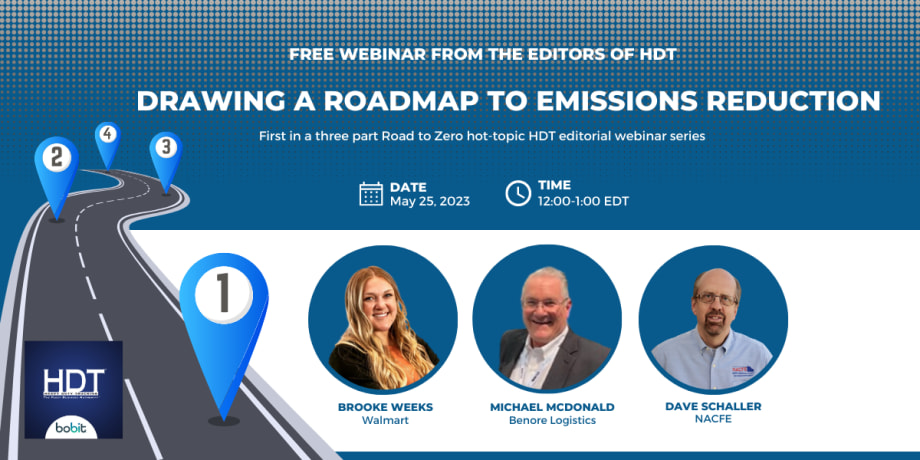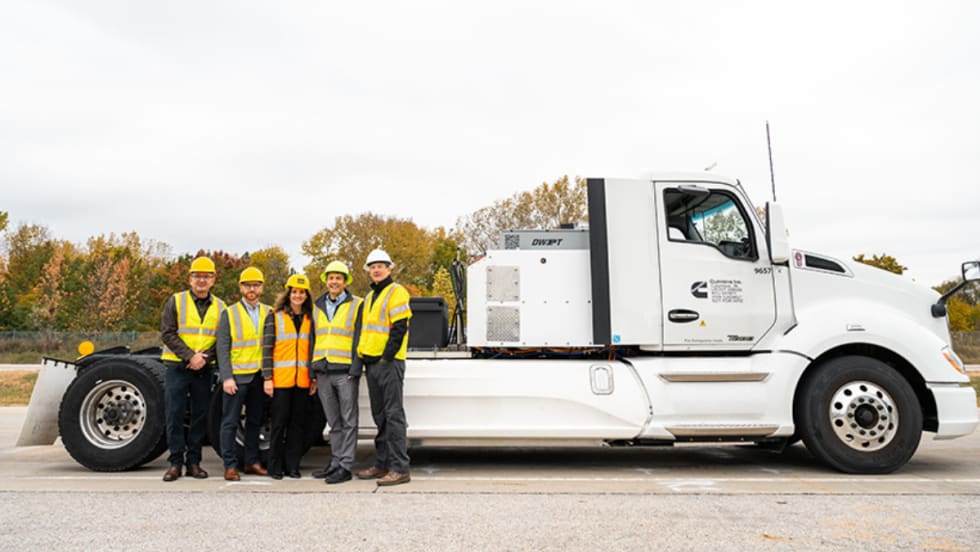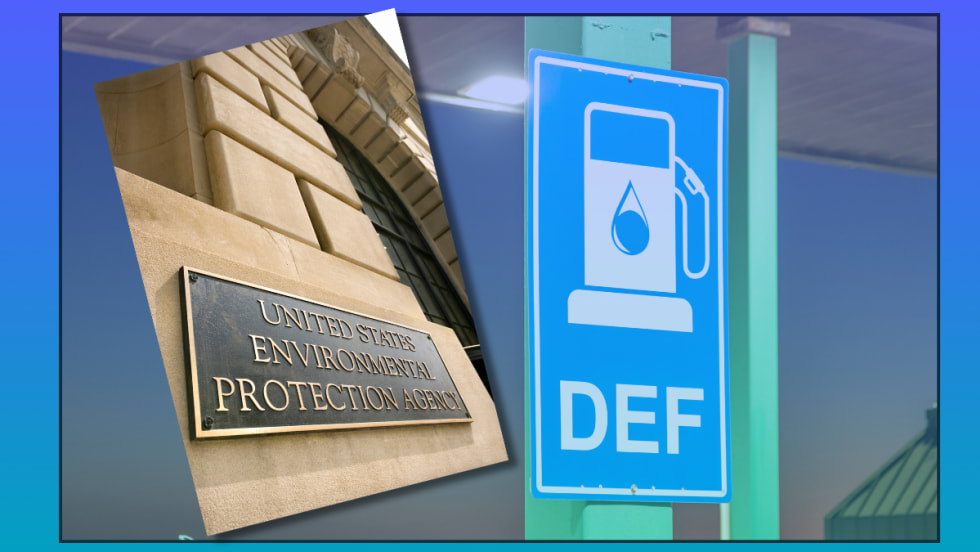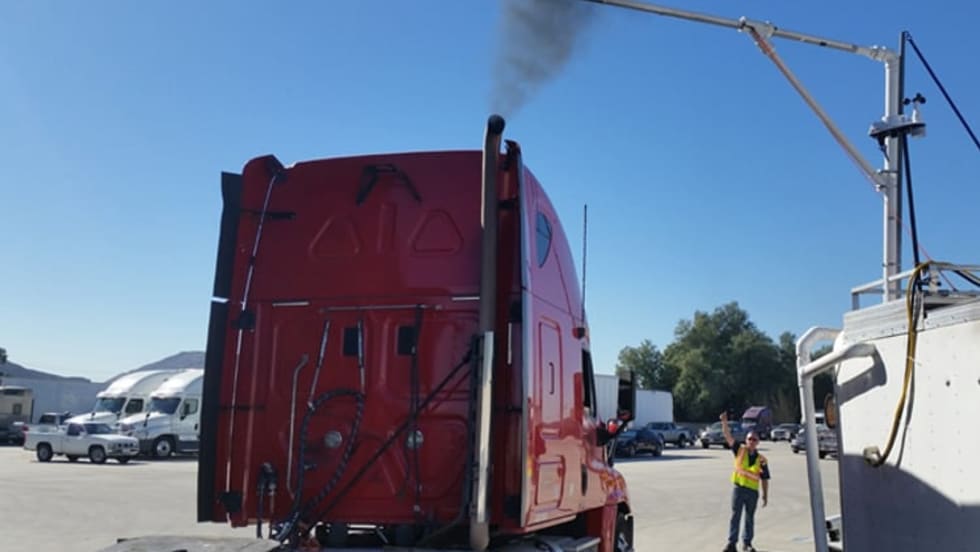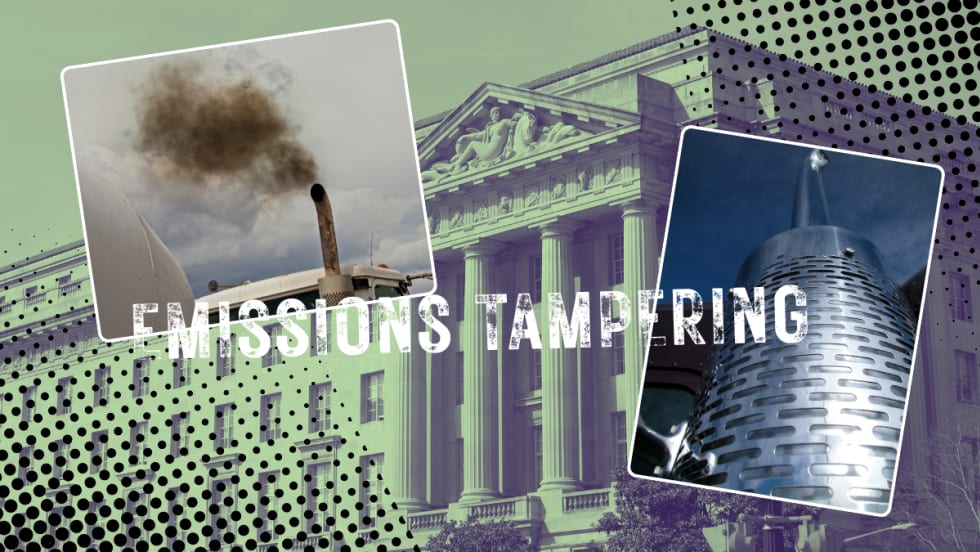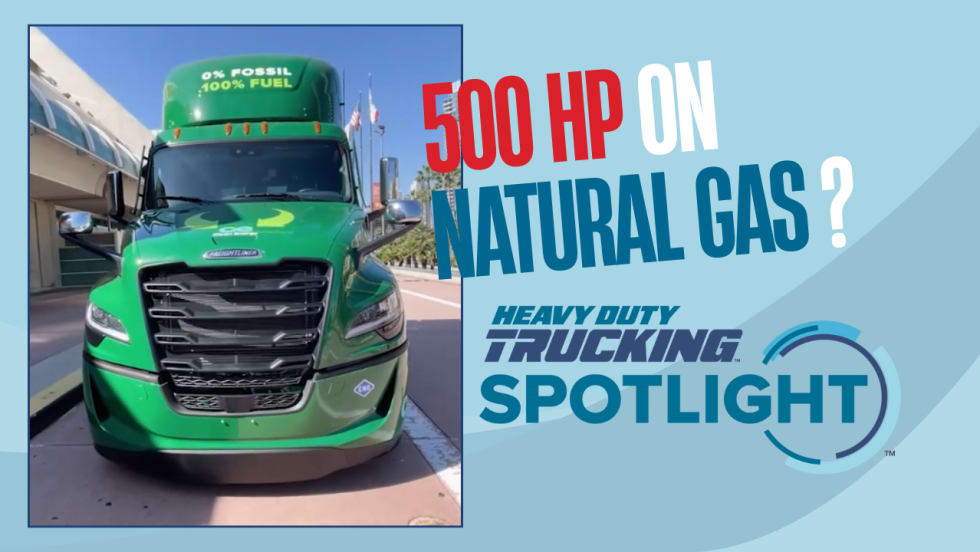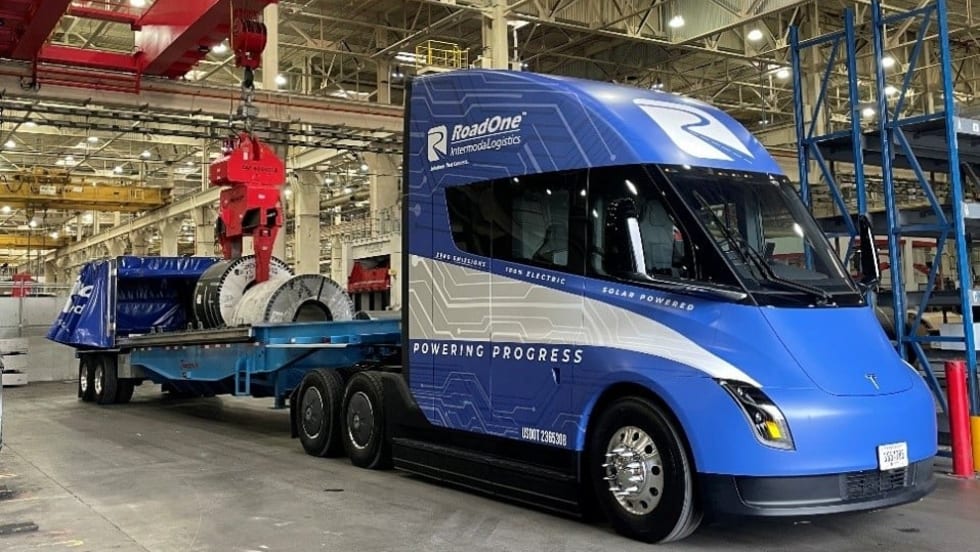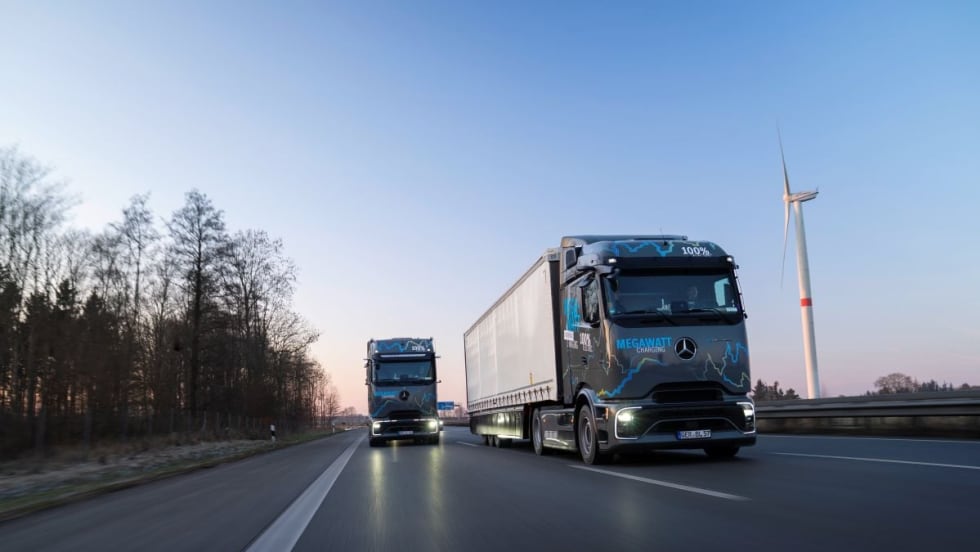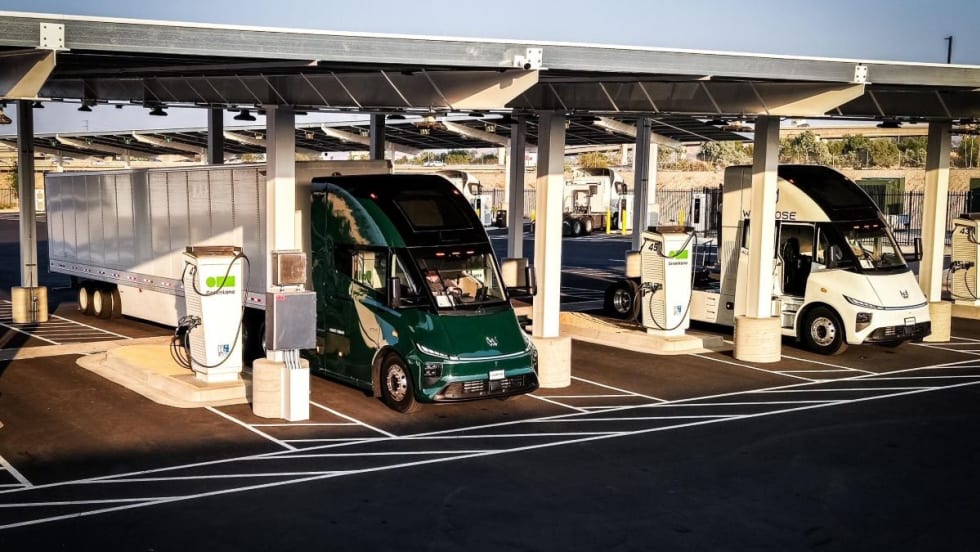The push to decarbonize transportation can be intimidating for fleet managers who operate heavy- and medium-duty trucks. Regulators are pushing battery-electric and fuel-cell-electric technology that’s still in its infancy, and we’re seeing increasing popularity of renewable fuels and other alternatives for the internal combustion engine.
Starting May 25, the editors of Heavy Duty Trucking are producing a special three-part Road to Zero webinar series to provide real-world fleet insights into questions such as:
How will the industry reduce both tailpipe and greenhouse gas emissions?
What will that mean for diesel engines?
How can fleets afford this new technology?
Will batteries or fuel cells be the future?
What about charging and fueling infrastructure?
Can alternative fuels help bridge the gap?
How do I set sustainability goals and determine a strategy to get there?
Part 1:Drawing a Road Map to Emissions Reduction
The webinar series kicks off May 25, noon-1 p.m. EDT, exploring how fleets can get started on a path to lower emissions. How do fleets evaluate their operations, options, and resources? How can they start setting goals? How do they measure progress?
HDT Editor and Associate Publisher Deborah Lockridge will moderate a panel discussion with the following speakers:
Brooke Weeks, Senior Manager Transportation Engineering, Walmart
Weeks leads the transportation engineering team focusing on zero-emission vehicle development at Walmart’s private fleet. She’ll discuss the company’s sustainability goals and strategies and how they evaluate alternative-fuel and zero-emission trucks (and trailers), including natural gas, battery-electric, and hydrogen-fuel-cell.
Michael McDonald, Senior Director of Maintenance, Benore Logistics
This for-hire regional and drayage fleet is committed to sustainability and is “on an electrification and reduced carbon footprint journey.” When it took delivery of Peterbilt’s first battery-electric production Class 8 579EV, it was the first electric truck in the state.
Dave Schaller, Industry Engagement Director, North American Council for Freight Efficiency
NACFE will share insights from its recent “messy middle” report on a framework for powertrain decision-making, a thoughtful process to decide how and when to decarbonize through zero-emission trucks, alternative fuels, and working on efficiency to burn less fuel.
This special editorial hot-topic webinar series is made possible with the sponsorship of Mann + Hummel FleetDirect and Rush Truck Centers.
Mark your calendar for the second and third installments:
Part 2:Alternative Fuels and the Future of Internal Combustion Engines
June 20, noon EDT
The trucking industry can’t transition to zero-emission vehicles overnight. There is still plenty going on in the development of more efficient engines and alternative fuels such as renewable diesel, renewable natural gas, even hydrogen. Learn steps you can take now and in the near and medium term to move along an emissions-reduction path.
Part 3:Zero-Emission Trucks Today and Tomorrow
September 20, 2 p.m. EDT
Hear from fleets that have already been adopting electric trucks in their operations. Which applications make the most sense right now? How do you handle the challenges of charging? Maintenance? Range? Financing? Can you “future-proof” your EV journey? What role will hydrogen fuel cells play?




